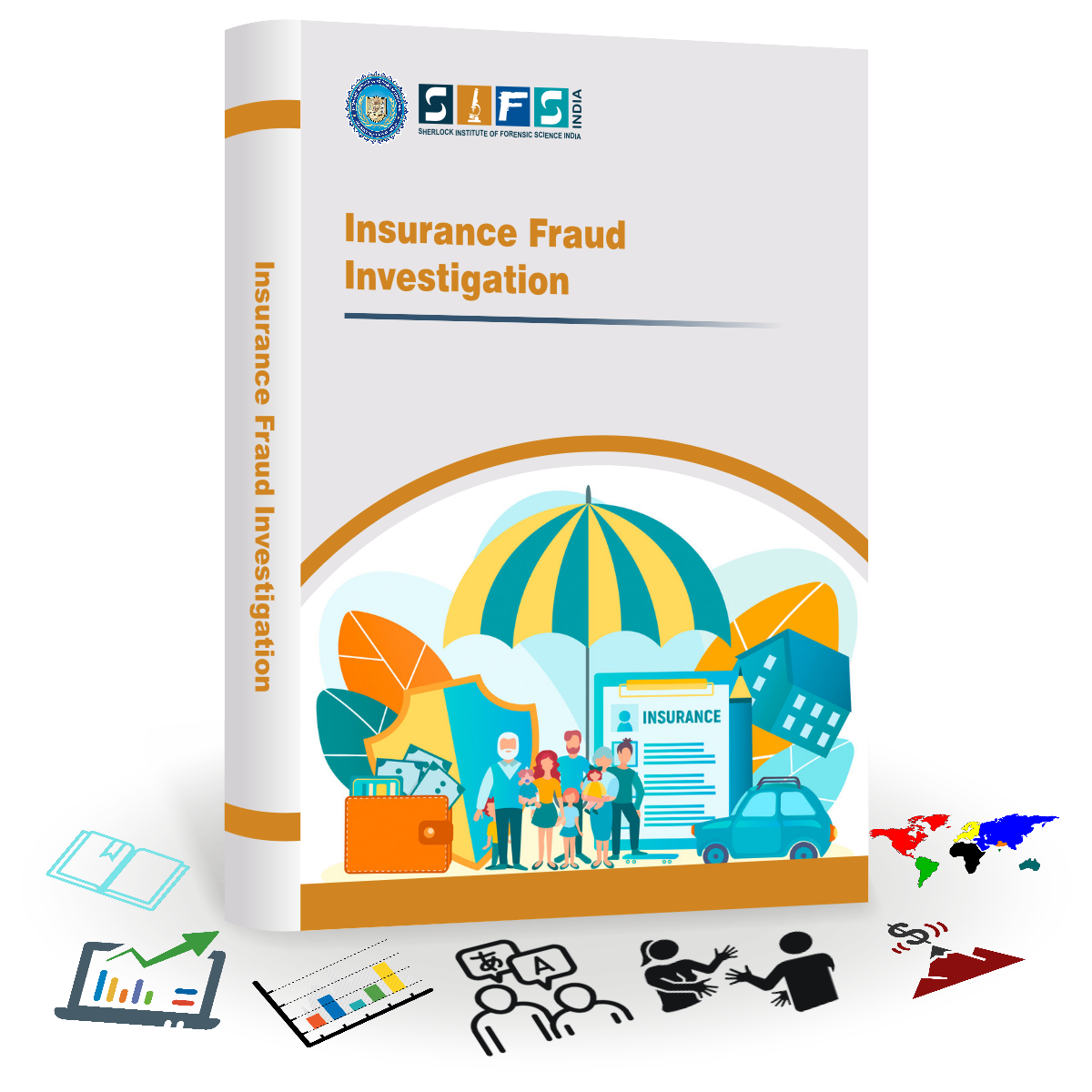The course was very helpful as i am pursuing a degree in forensic science.The instructors were very helpful and innovative. Continuous evaluation is the key point.

Feb Batch 2026
Last Date to Register : 25th Feb 2026
The Insurance Fraud Investigation Online Course by SIFS India equips you with the skills to become proficient in preventing and investigating insurance fraud.
As an insurance fraud investigator, you will learn how to uncover fraudulent insurance claims, spot deceitful practices, and gather reliable evidence for legal purposes.
You will have access to pre-recorded sessions by forensic insurance fraud investigators upon enrolling in the course.
Associate Degree Program comprises of three levels: Level 1 (certificate), Level 2 (diploma), and Level 3 (Post Graduate Diploma), and the entire curriculum is divided among these levels.
A few of the topics you will learn about are the history and purpose of insurance fraud, types of insurance fraud, the role and duties of an insurance fraud investigator, gathering and examining records, policy as a contract, the insurance fraud investigation process, information gathering, legal issues associated with information sharing, surveillance methods and preparation techniques, and case-specific insurance investigations.
So enroll now to safeguard the trust and financial security of insurance providers and policyholders alike.
Course Benefits
Enrolling in this course will equip you with crucial insurance fraud detection skills. You will gain an in-depth understanding of the techniques for identifying fraudulent claims, analyzing insurance documents, and providing expert testimony. After this course, you can work with insurance companies, legal and investigative agencies, and private forensic labs and institutes to assist in fraud examination and reduce fraud losses.
Course Outcome
Upon successfully completing this course, you will gain expertise to conduct comprehensive insurance fraud investigations, thereby exposing fraudulent insurance claims and presenting evidence admissible in court. You will become well-versed in implementing fraud detection techniques in insurance-related cases within a legal framework.
Course Highlights
- Pre-recorded sessions with practical insights about tools and software used in insurance fraud investigations
- Lectures by professionals with experience in fraud examination and insurance fraud detection
- Industry-specific and comprehensive study material and reference books
- Opportunity to join a community of insurance fraud investigators and experts
- Professional network expansion, thereby enhancing your career prospects
Payment Details:
International Student : PayPal: forensicdocument@gmail.com
Account Details for National Student
Bank Name - ICICI BANK
Acc. Name - SIFS INDIA PVT. LTD.
Account No. - 663505500086
Type - Current
IFSC Code - ICIC0000160
Address - ICICI Bank, H-4, Model Town -III, New Delhi - 110009





